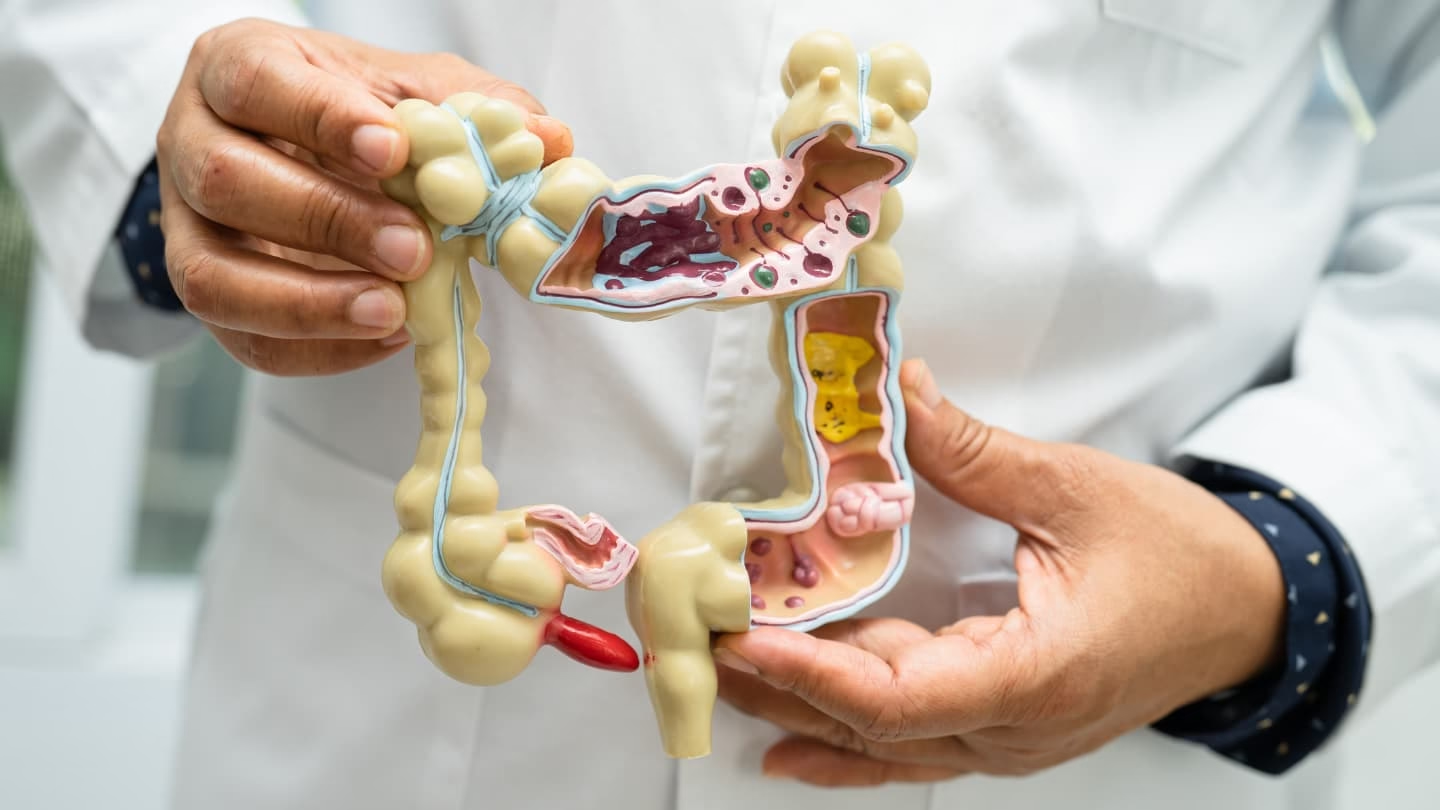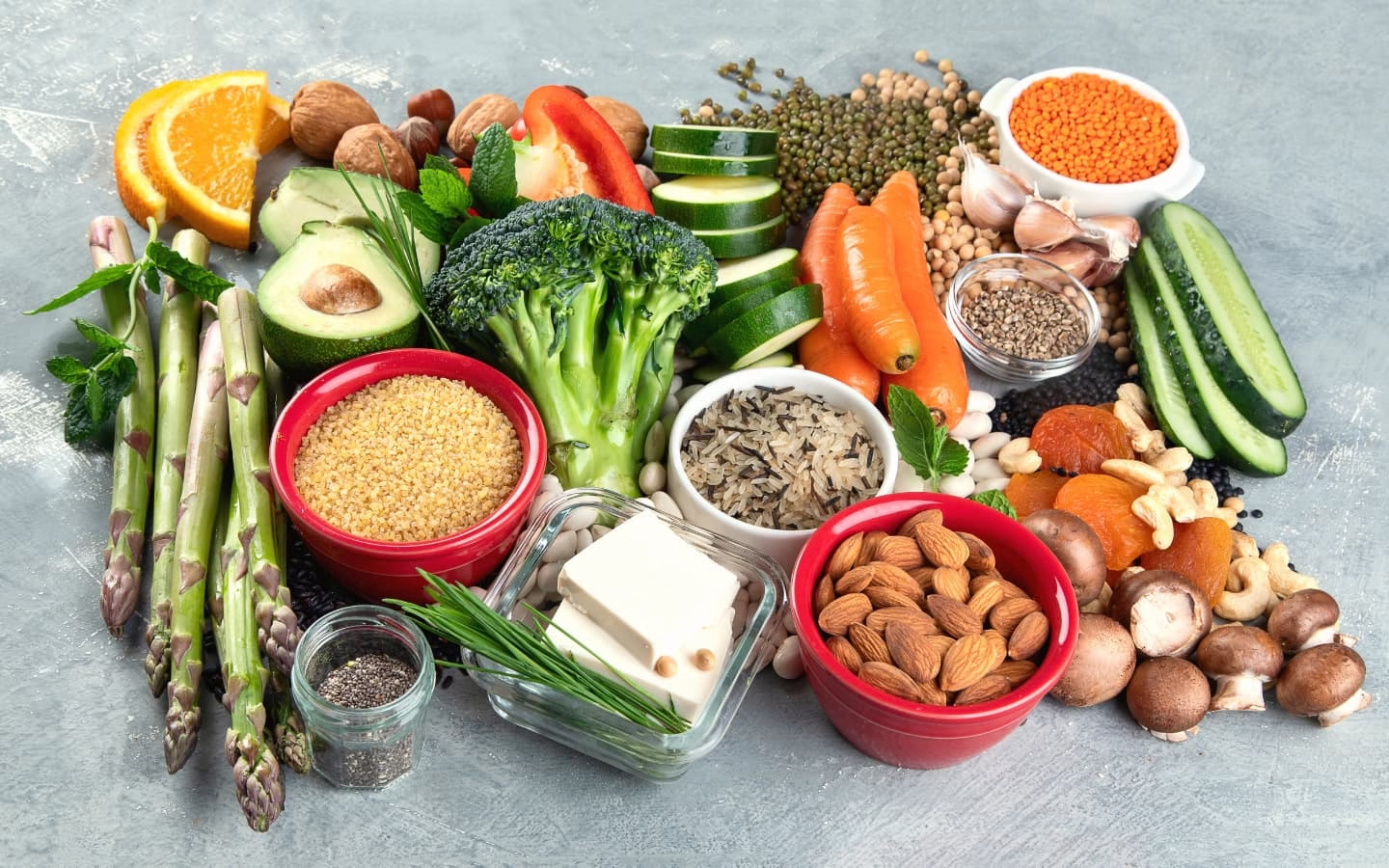Plant-based diets have grown in popularity—and for good reason. Focusing on fruits, vegetables, legumes, nuts, and whole grains can greatly improve your health. Whether you want to boost energy, improve digestion, reduce disease risk, or help the environment, a plant-based diet is a great step forward.
In this article, we’ll explore the health benefits of plant-based eating and how adding more plant-based foods can improve your well-being.
1. Improved Heart Health
Plant-based diets are excellent for heart health. Studies show they lower the risk of heart disease, a leading cause of death worldwide. These diets are low in saturated fat and cholesterol while being high in fiber, which helps control blood pressure and cholesterol levels.

How Plant-Based Diets Support Your Heart:
- Rich in Fiber: Foods like vegetables, fruits, and legumes lower cholesterol and improve blood flow.
- Low in Saturated Fat: Avoiding animal fats helps reduce heart disease risk.
- Full of Antioxidants: Nutrients like flavonoids and polyphenols protect your heart from inflammation.
Switching to plant-based meals strengthens your heart and lowers disease risk.
2. Weight Management
Plant-based diets can help with weight management. They are often lower in calories and higher in fiber, which keeps you feeling full. Research shows plant-based eaters tend to have a healthier body weight compared to those on traditional diets.

Why It Works:
- High Fiber Content: Foods like beans and vegetables keep you full, reducing overeating.
- Lower Calorie Density: Many plant foods are nutrient-dense but low in calories.
- Reduced Processed Foods: Eating fewer processed items helps control calorie intake.
Shifting to plant-based eating can help you achieve a healthy weight and sustain it long-term.
3. Reduced Risk of Chronic Diseases
A plant-based diet lowers the risk of chronic diseases like diabetes, high blood pressure, and some cancers. These foods are rich in antioxidants, anti-inflammatory agents, and fiber, which all promote better health.

How Plant-Based Foods Fight Disease:
- Type 2 Diabetes: Complex carbs and healthy fats help regulate blood sugar levels.
- Cancer Prevention: Foods like broccoli and spinach contain phytochemicals with cancer-fighting properties.
- Lower Inflammation: Plant foods reduce inflammation, lowering the risk of arthritis and heart issues.
Eating more plants protects against diseases and strengthens long-term health. Plant-based foods can help prevent chronic diseases and support long-term health.
4. Enhanced Digestive Health
Plant-based diets are packed with fiber, which is key to good digestion. Fiber helps prevent constipation, feeds beneficial gut bacteria, and improves overall gut health.

How It Helps Your Digestive System:
- Supports Regularity: Fiber-rich foods like fruits and grains keep your digestion smooth.
- Feeds Gut Bacteria: Fiber nourishes healthy bacteria, improving immunity and digestion.
- Reduces Digestive Issues: Whole foods reduce bloating and promote gut health.
Adding more plant-based meals is a simple way to improve your digestion and overall wellness.
5. Boosted Energy Levels
Plant-based diets provide vitamins, minerals, and antioxidants that improve energy levels. Unlike processed carbs, whole plant foods offer steady, sustained energy.

How Plant-Based Diets Boost Energy:
How Plants Boost Energy:
- Nutrient-Dense Foods: Whole grains and vegetables give you essential nutrients for energy.
- Stable Blood Sugar: Complex carbs like oats and quinoa prevent energy spikes and crashes.
- Reduced Toxins: Eating fewer processed foods reduces fatigue and sluggishness.
Plant-based eating energizes your body for a more vibrant lifestyle.
Tips for Transitioning to a Plant-Based Diet
If you’re considering shifting to a plant-based diet, it’s essential to do so in a way that works for you and your lifestyle. Here are some tips to help you get started:
- Start Small: You don’t have to go fully plant-based overnight. Begin by adding more plant-based meals to your week, such as “Meatless Mondays.”
- Focus on Whole Foods: Choose whole, nutrient-dense foods like fruits, vegetables, whole grains, nuts, and seeds.
- Experiment with New Recipes: Explore different plant-based recipes to keep your meals interesting and diverse.
- Incorporate Protein-Rich Plants: Include protein-rich foods like beans, lentils, tofu, and quinoa to ensure you meet your nutritional needs.
- Stay Balanced: Ensure you’re getting a variety of nutrients by eating a wide range of colorful fruits and vegetables, healthy fats, and plant-based protein sources.
Conclusion: Embrace the Power of Plants
A plant-based diet offers numerous benefits for your overall health, from improving heart health and managing weight to reducing the risk of chronic diseases and boosting energy. By incorporating more plant-based foods into your daily routine, you can nourish your body, protect your health, and feel more vibrant and energetic.
Whether you choose to go fully plant-based or simply add more plant-based meals to your diet, the journey toward holistic nutrition begins with making mindful choices that support your body, mind, and overall well-being.

